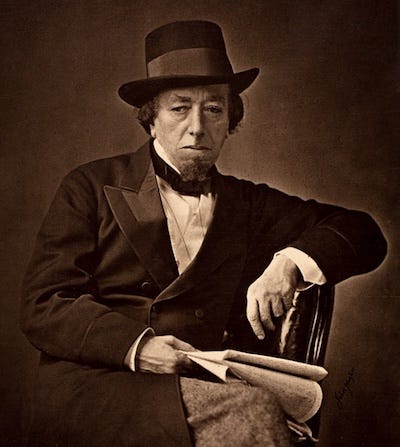
Home | Anecdotes | Articles | Digital Vault | Icebreakers | Programs | Quotations | Shop | Dashboard | Log in | Sign up
Quote for the Week
This week's quote is about education"Upon the education of the people of this country the fate of this country depends."
- Benjamin Disraeli (1804-1881)
Members have access to the Learning Pages collection of over 500 quotations.
Check out today's Quote for the Day.
Benjamin Disraeli

Become a member to access to our complete collection of over 500 quotations
About Learning Pages | Support us